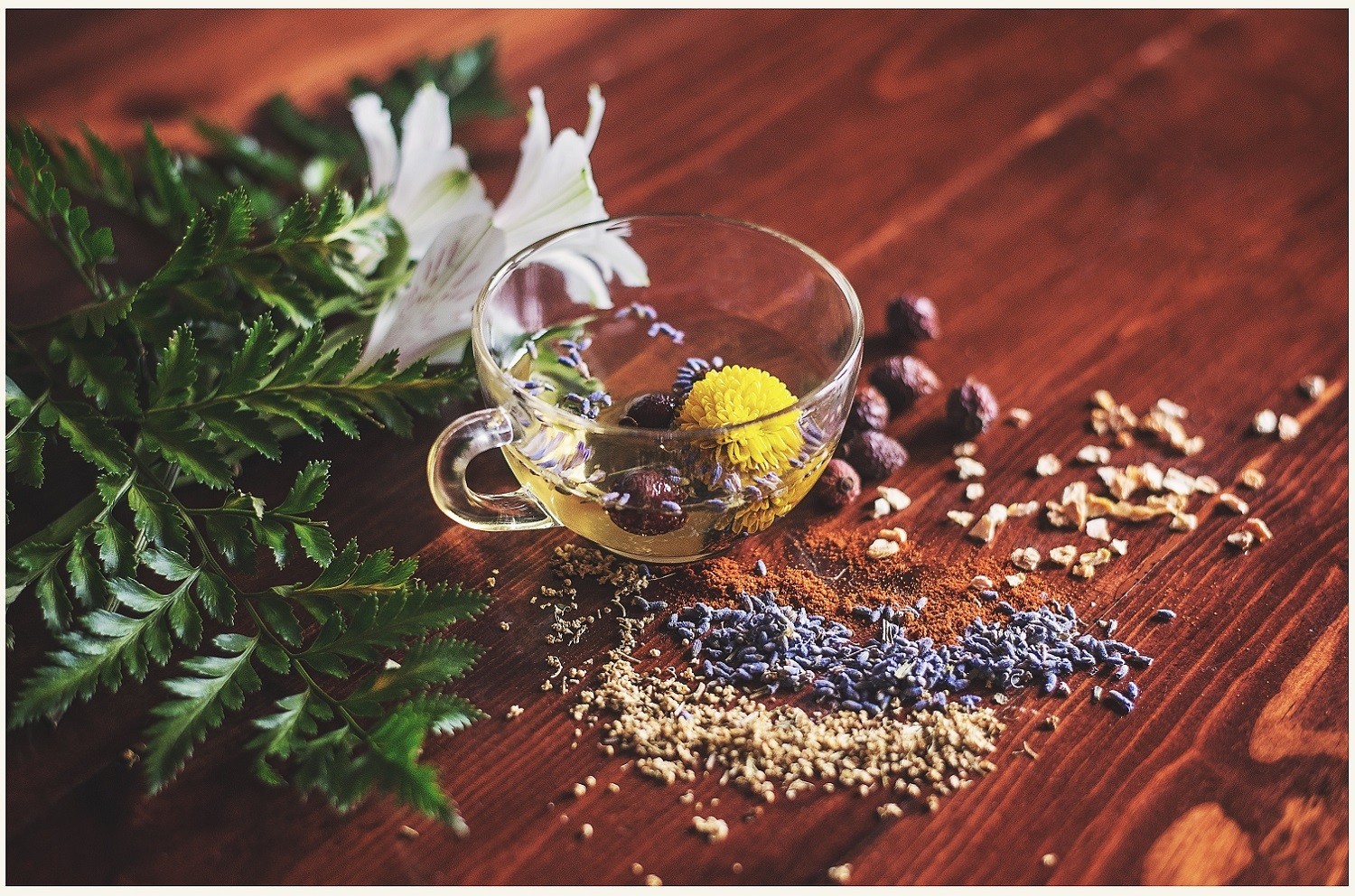
Traditional Eastern medical practices such as herbal medicine have long been used in the East to treat many diseases, including depression. Today, the depressed of Western society are increasingly on the search for more natural alternatives to the medications offered by western doctors. Here herbal medicine gets to play its part. Read on to find out more.
What is Depression?
Depression, often referred to as Clinical Depression, is a mental illness that entails an overwhelming sense of sadness, loss and hopelessness. Bouts of the condition may span from weeks to years, and may sometimes cause the sufferer to despair so greatly they no longer want to live.
Depression is generally caused by an imbalance of chemicals in the brain, and may be triggered by a specific physical or emotional trauma. Symptoms include:
- Feelings of sadness, moodiness, hopelessness, loss of control, numbness, anxiety and guilt
- Being unable to enjoy activities that are normally enjoyed
- Being overly self-critical
- Withdrawing from friends and family
- Thoughts of suicide and the inability to cope
- Poor memory and concentration levels
- Excessive crying
- Increased use of alcohol or drugs
- Changes in appetite
- Changes in sleep patterns, including insomnia, sleepiness and waking up in the middle of the night
- Feeling physically unwell
- Headaches and stomach aches
- Loss of libido
How Can Herbal Medicine Assist with Depression?
Herbal medicine remedies function to treat the symptoms of depression directly as well as strengthen the overall health, immune system and well being of the patient.
Herbs for Depression
Herbs commonly used in the treatment of depression include:
- Basil relieves stress, improves concentration levels, alleviates irritable moods and relieves headaches.
- Borage stimulates the adrenals which in turn assists with lethargy. Borage is also known to naturally lift ones spirits.
- Ginkgo Biloba, which increases mental clarity, short term memory and general awareness by increasing Oxygen flow to the brain.
- Hops serve to reduce stress by acting as a relaxing agent by decreasing feelings of irritability and relieving insomnia.
- Lemon balm uses its anti-depressant properties to soothe frayed nerves.
- Licorice has recently been demonstrated by science to act as a natural anti-depressant.
- St Johns Wort promotes calm, tranquility and attentiveness in the sufferer.
- Siberian Ginseng regulates the balance of neurotransmitters (such as Dopamine, Serotonin, norepinephrine, and epinephrine) in the brain. It is also known to strengthen the immune system, decrease levels of physical stress and to give clarity of thought.
- Valerian improves symptoms with its calming properties that soothe nervous tension and other anxieties.
- 5HTP, otherwise known as 5-hydroxytryptophan, is an amino acid that stimulates Serotonin production in the brain. Low Serotonin levels have been associated with a higher incidence in depression, and many anti-depressants work by stimulating Serotonin.
- Yohimbine improves the overall efficiency of other anti-depressant medications.
For More Information
If you are interested in trying a herbal remedy to alleviate symptoms of depression, please first speak with your doctor as some herbs may interact and inhibit the effectiveness of certain anti-depressant medications. Once you have been cleared for usage, speak to a professional herbalist or TCM practitioner for more information on which herbs may best suit your needs.
Originally published on May 21, 2010








